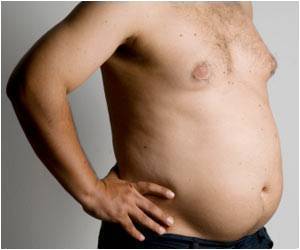Bowel Cancer Australia estimates the rising threat of bowel cancer in the aging population, predicting the highest risk among people living in rural areas.

‘Baby boomers living in rural and regional areas in Australia are at the greatest risk of developing bowel cancer in 10 years.
’





“Bowel cancer attacks the middle-aged with progressive lethality, with rates leaping tenfold between the ages 50 and 79. By the end of the coming decade 4.6 million Baby Boomers and 4 million Gen Xers will be subjected to a bowel cancer lottery, purely because of the age group through which they are passing,” Salt said.About 15,000 Australians are diagnosed with bowel cancer each year. Bowel cancer is also known as the cancer of the colon or colorectal cancer. Early detection of bowel cancer can help in preventing the disease threefold.
Colonoscopy is the accurate diagnostic procedure for detecting bowel cancer early. Blood in stool is the most prominent symptom of bowel cancer. But many hospitals in Australia do not provide the test on time for many patients, putting them at increased risk of developing bowel cancer.
“Bowel cancer patients require timely access to surgery, treatment and cancer support services, however, these are not always available locally which can adversely impact patient outcomes,” said Julien Wiggins, CEO of Bowel Cancer Australia.
People living in rural areas are at the highest risk of bowel cancer due to the lack of access to proper diagnostics and treatment facilities. Though, home testing kits are available, only about 36 percent of the people who get a test kit in the mail do the test.
Advertisement
The report advises people in the age group of 50 -79 years to undergo testing every two years and also states that home testing kits can be obtained from pharmacies and general practitioners in Australia.
Advertisement














